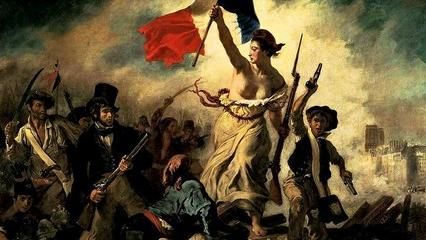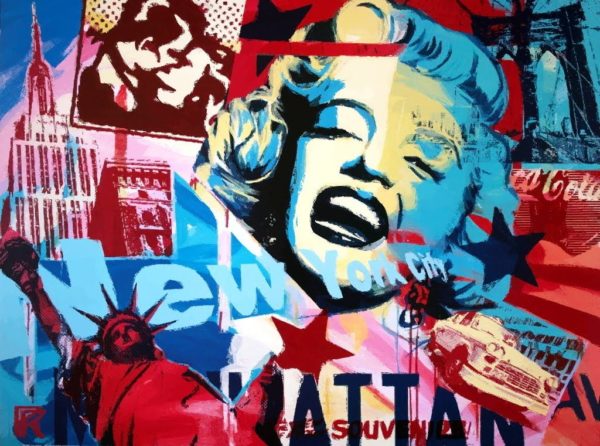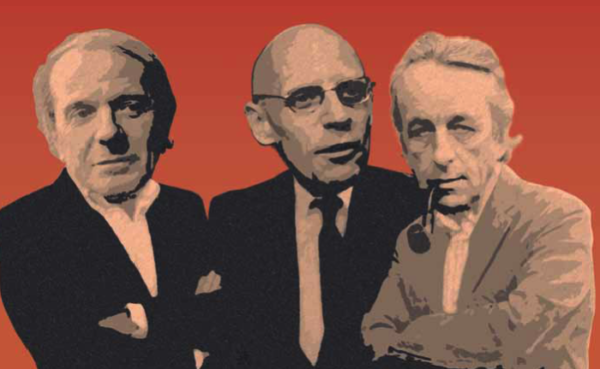Pagine
Condividi e segnala
Tag
- Althusser
- Antropologia
- Baumgarten
- Bourdieu
- Conceivability of Nothingness
- Conciliation
- corpo
- Derrida
- Dialectics
- Difference
- distinzione
- Europe
- Expression
- giudizio
- Grace
- Habitus
- Heidegger
- Hobbes
- Kant
- linguaggio
- Lyotard
- marxismo
- Medieval Aristotelianism
- Metaphysics
- Nature
- Negative
- Nichts
- nihil
- Nihilism
- nihil negativum
- nihil privativum
- Non-identical
- Nothing
- Nothingness
- onore
- politica
- postmoderno
- pratica
- riconoscimento
- Smith
- solitudine
- Sovranità
- Spinoza
- Thomas Aquinas
- Western Ontology
-
Articoli recenti
Link
Archivi categoria: Figure del popolo tra XIX e XX secolo
Politicizzare il popolo. Semantiche del soggetto collettivo in Germania tra il 1848 e il nazionalsocialismo
Maurizio Ricciardi
Università di Bologna
maurizio.ricciardi@unibo.it

Abstract: The essay analyses three specific ways in which the “people” is politicized in relation to the emergence of capitalist society, of its conflicts and divisions. The semantics of the collective subject is thus determined by its constant opposition to that of society. The first politicization is the one highlighted by the Hegelian left, particularly, by Arnold Ruge and Edgar Bauer. According to them, the “democratic people” is both an end in view and an alternative to the empiric people, and reproduces the distinction between the social and the … Continua a leggere
Pubblicato in Figure del popolo tra XIX e XX secolo, NUMERO 8
Lascia un commento
Il popolo in Marx (dal giovane Marx al 18 Brumaio di Luigi Bonaparte)
Javier Balsa
Universidad Nacional de Quilmes, Argentina
jjbalsa@unq.edu.ar

Abstract: This article analyzes the use of the concept of “people” during Karl Marx’s first decade of intellectual work. In his first writings, it was a main concept. However, the signifier “people” quickly lost presence and practically disappeared in the texts of the second half of the 1840s. In the works dedicated to the French conjuncture from 1848 to 1851, Marx made a direct criticism of the use of the concept of “people” because it veils the perception of the class struggle. However, a careful … Continua a leggere
Pubblicato in Figure del popolo tra XIX e XX secolo, NUMERO 8
Lascia un commento
Democrazia diretta e controllo del mercato? Un’antinomia del primo populismo americano
Patricia Chiantera
Università degli Studi di Bari Aldo Moro
patricia.chiantera@uniba.it

Abstract: Not only different and opposite issues and demands build the complex ideological constellation of the first American Populism (People’s Party) but also a plurality and variety of political and social forces represent the main agents of the populist protest movements between the nineteenth and twentieth century in America. One of the main contradictions emerging from the political debate led by American populist leaders at the time is the one between the claim for a stronger role of the central government and the implementation of … Continua a leggere
Pubblicato in Figure del popolo tra XIX e XX secolo, NUMERO 8
Lascia un commento
“Un popolo innumerevole”. Frantz Fanon e l’invenzione di una nazione
Stefano Visentin
Università di Urbino “Carlo Bo”
stefano.visentin@uniurb.it

Abstract: The entire work of Frantz Fanon is traversed by a theoretical and political critique of the method of the humanities and social sciences, accused of legitimizing European colonial rule. The struggle for the liberation of colonized peoples is thus intertwined with the construction of a new political conceptuality, based on the “direct protagonism” of the damned of the earth. Through the material and symbolic-linguistic mobilization generated by the struggle, the people take on the task of “inventing” a nation through built on new collective behaviors … Continua a leggere
Pubblicato in Figure del popolo tra XIX e XX secolo, NUMERO 8
Lascia un commento
A Just People, or Just the People? Althusser, Foucault and Juridical Ideology
Alberto Toscano
Goldsmiths University of London
a.toscano@gold.ac.uk

Abstract:The return of the figure of the people to the forefront of radical theorising in France can be contextualised and complicated by contrasting it with the relative hostility or indifference to it in the ambit of la pensée soixante-huit. For a spell, the people was largely displaced by collective formations that sought to escape the nation-state cage of political modernity, not just antagonistic conceptions of class, but all kinds of groups, movements, multiplicities, minorities, etc. This essay probes two theoretical episodes that can contribute to … Continua a leggere
Pubblicato in Figure del popolo tra XIX e XX secolo, NUMERO 8
Lascia un commento
